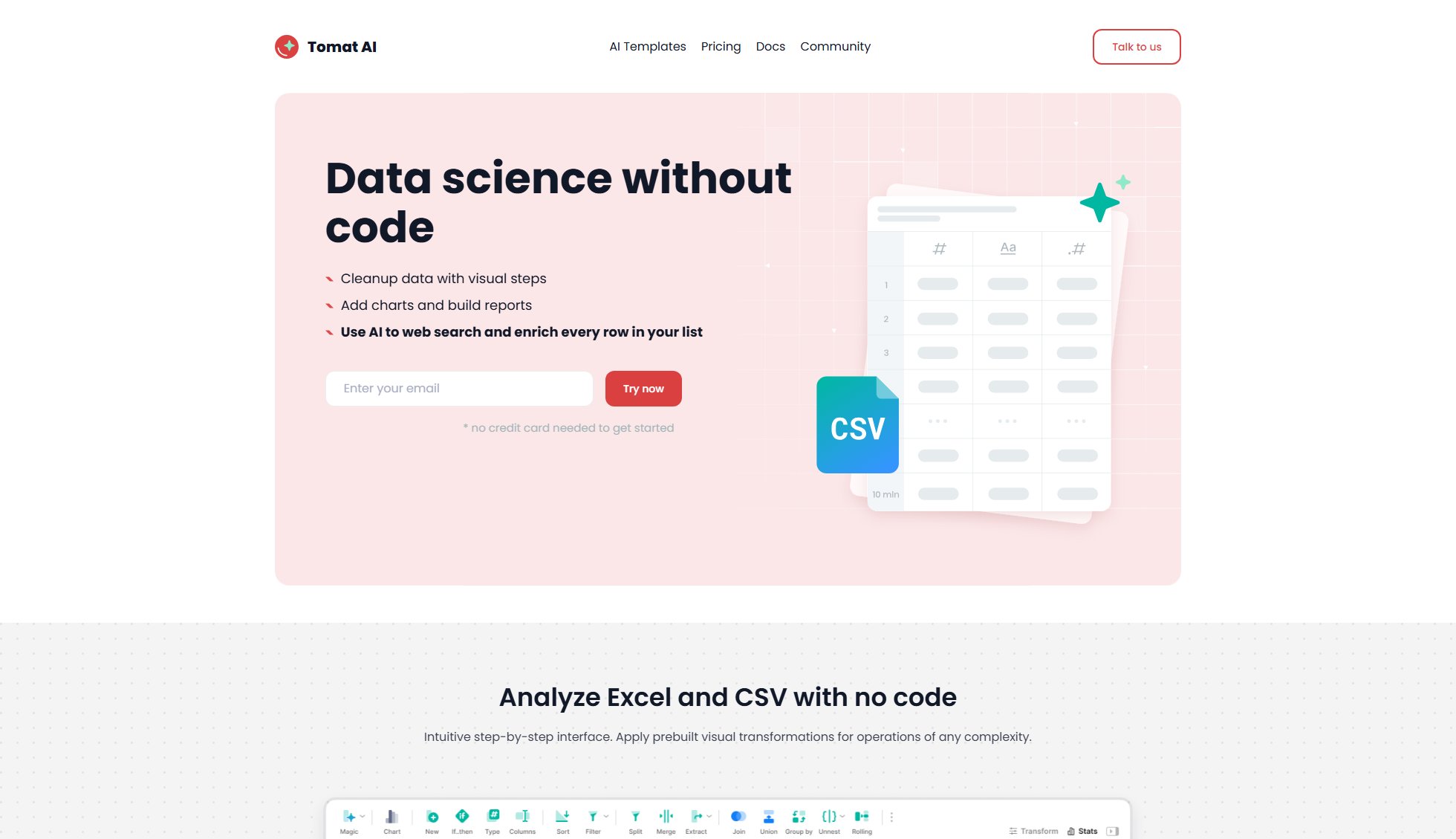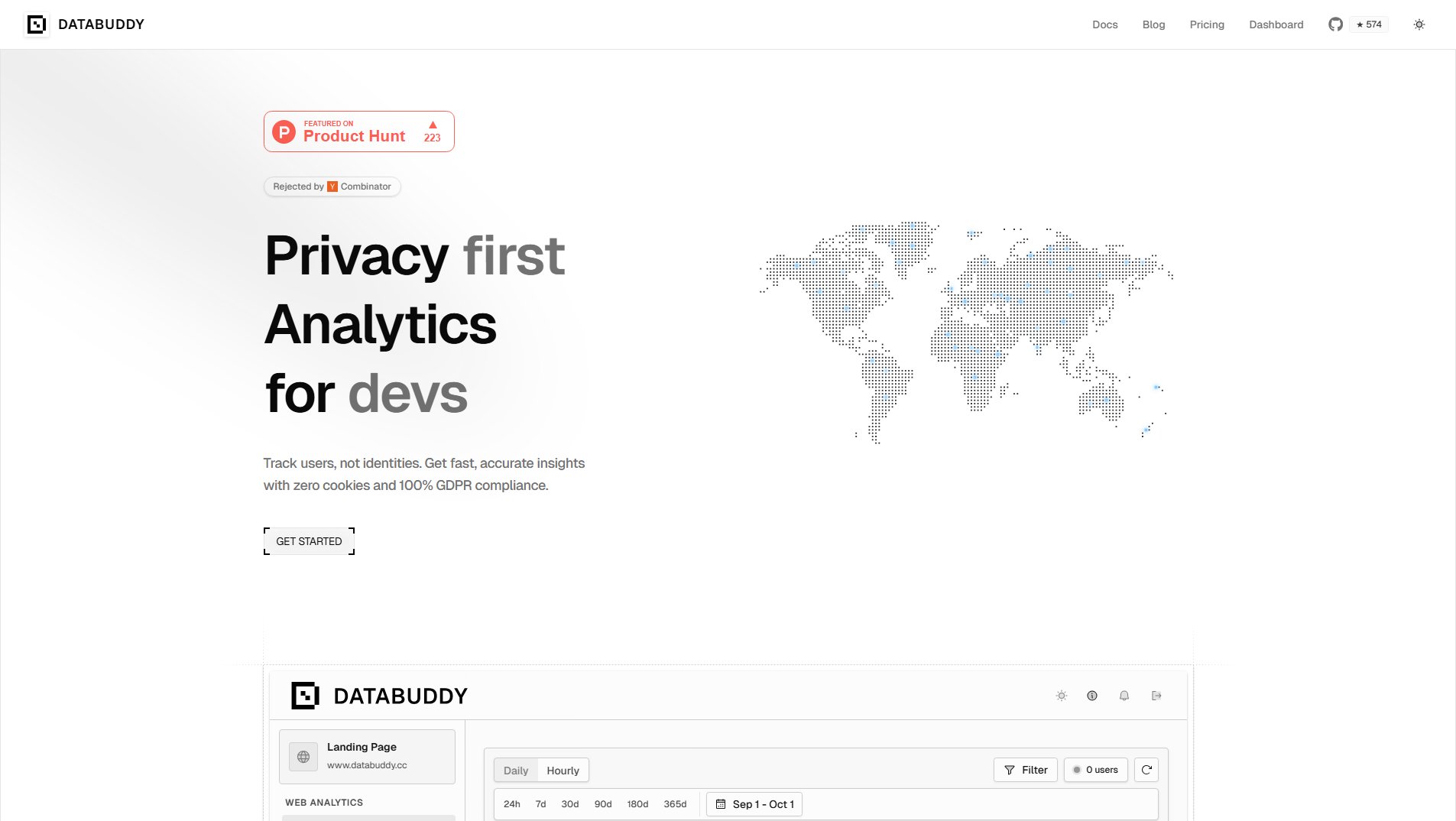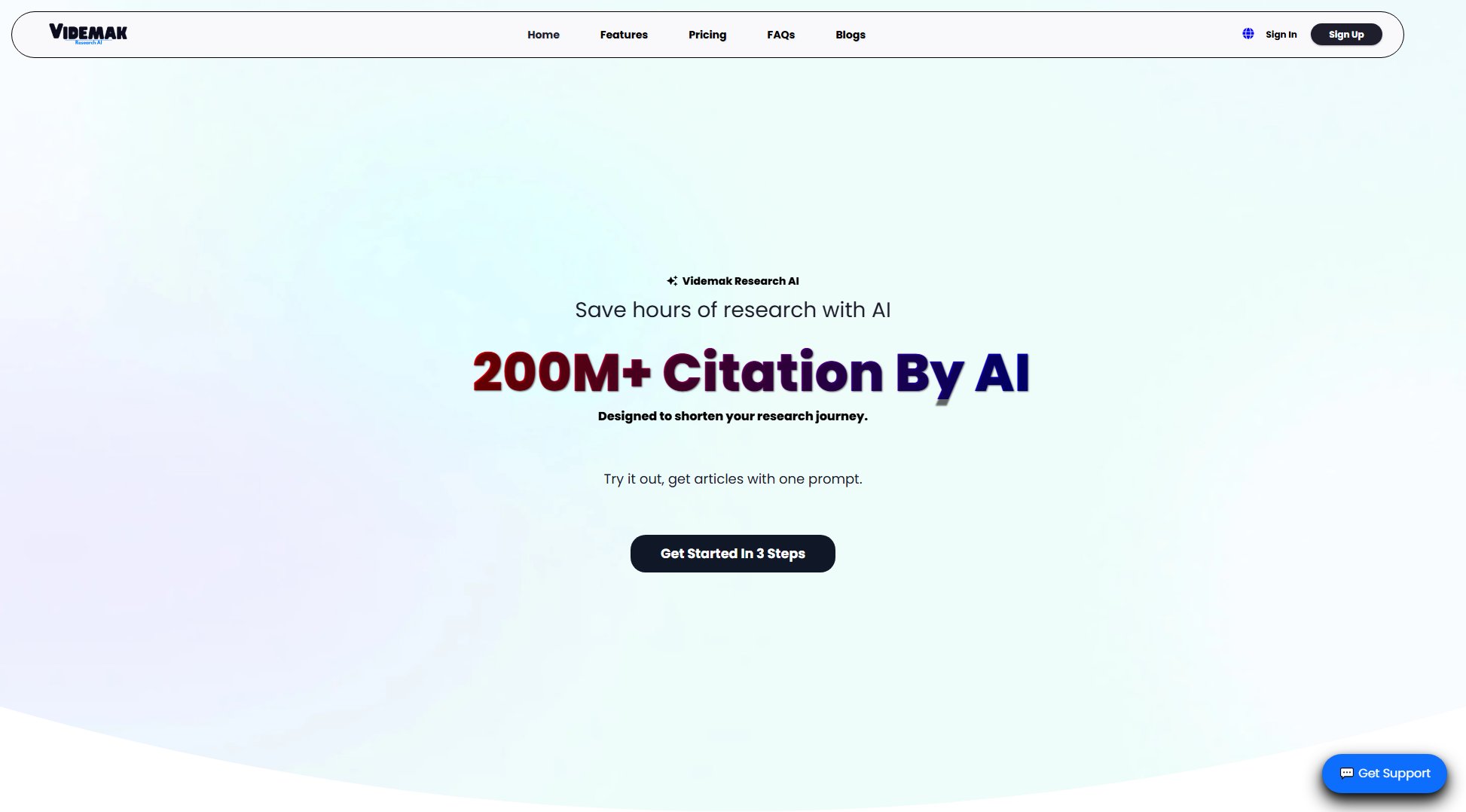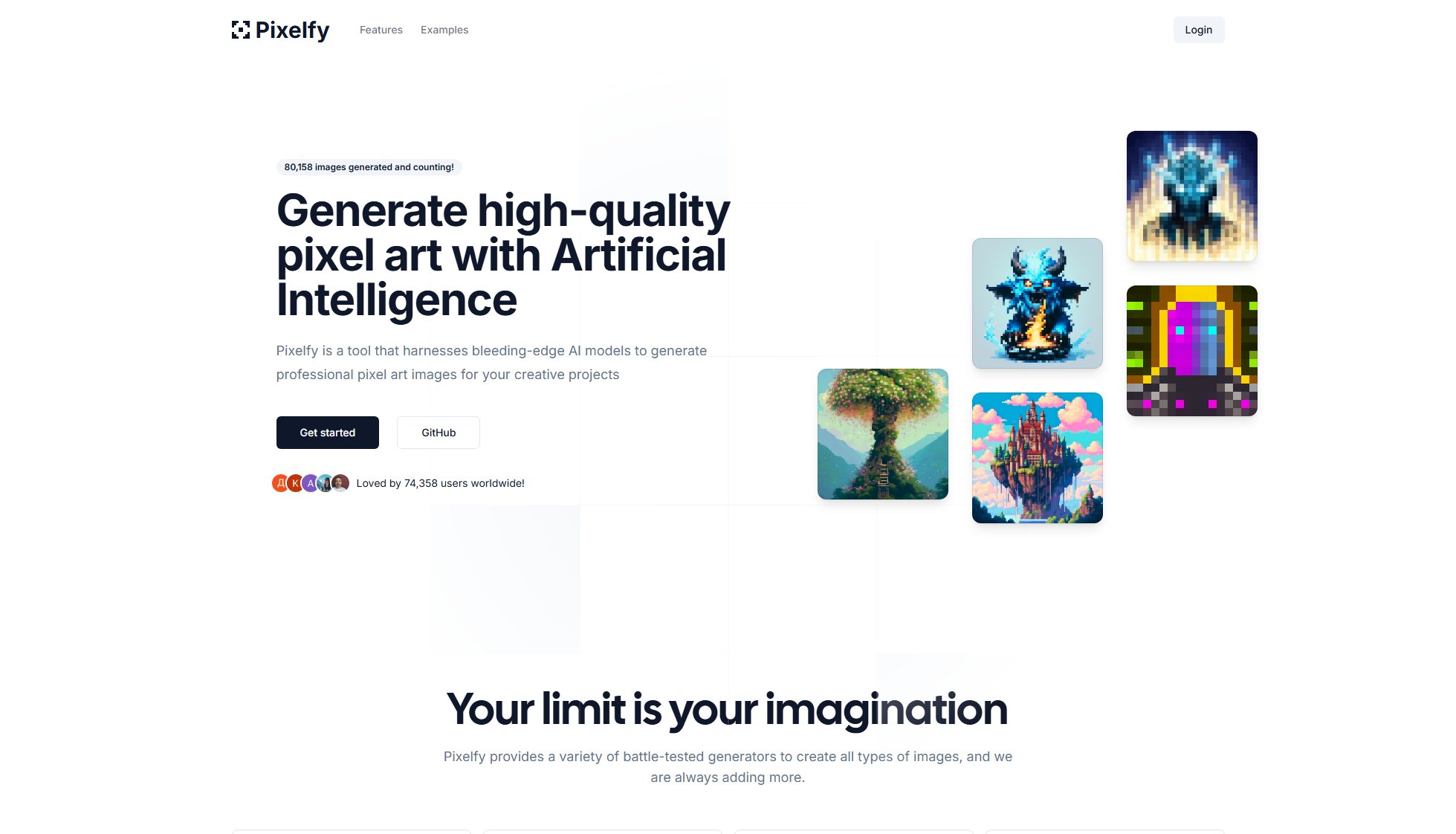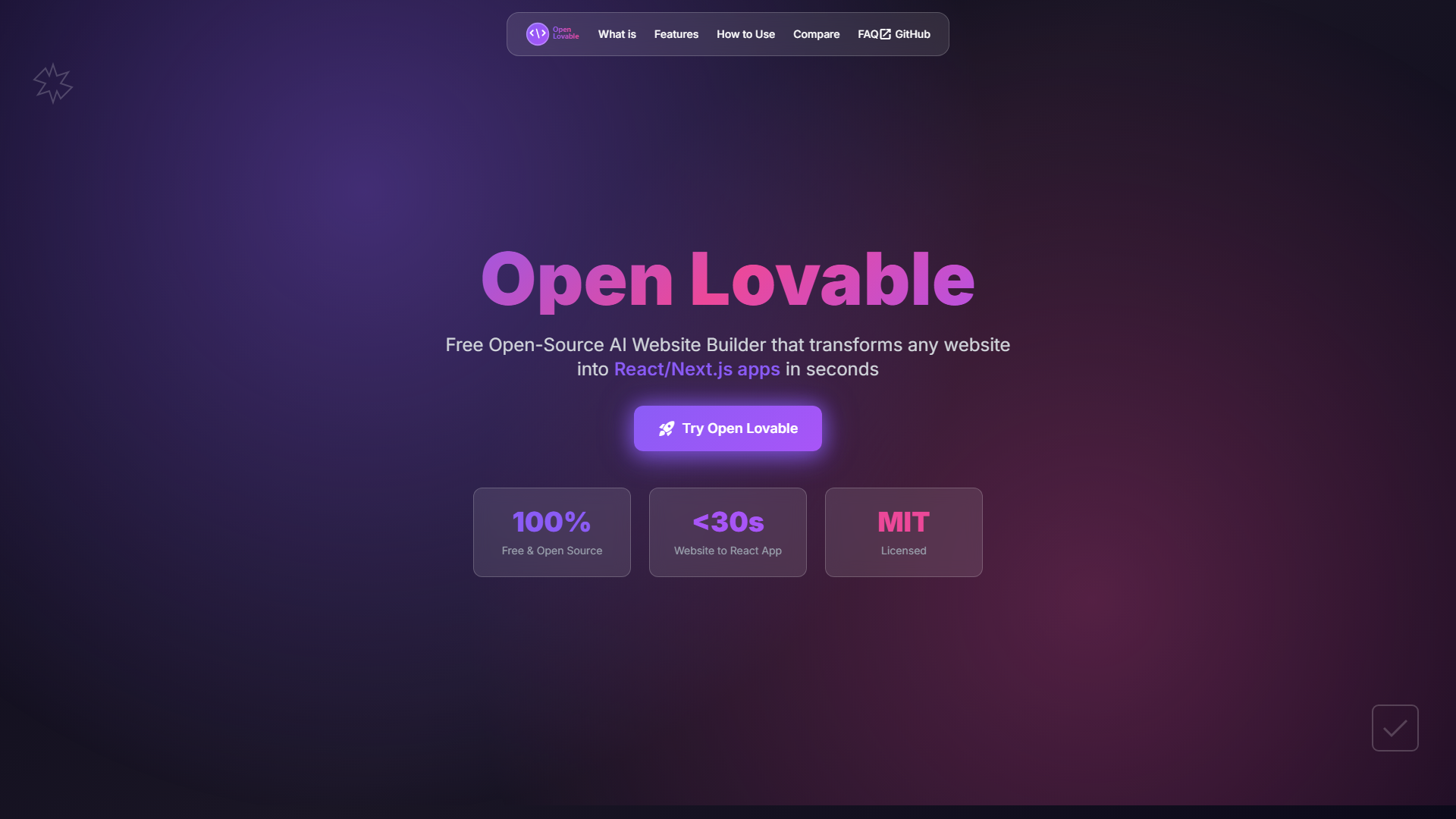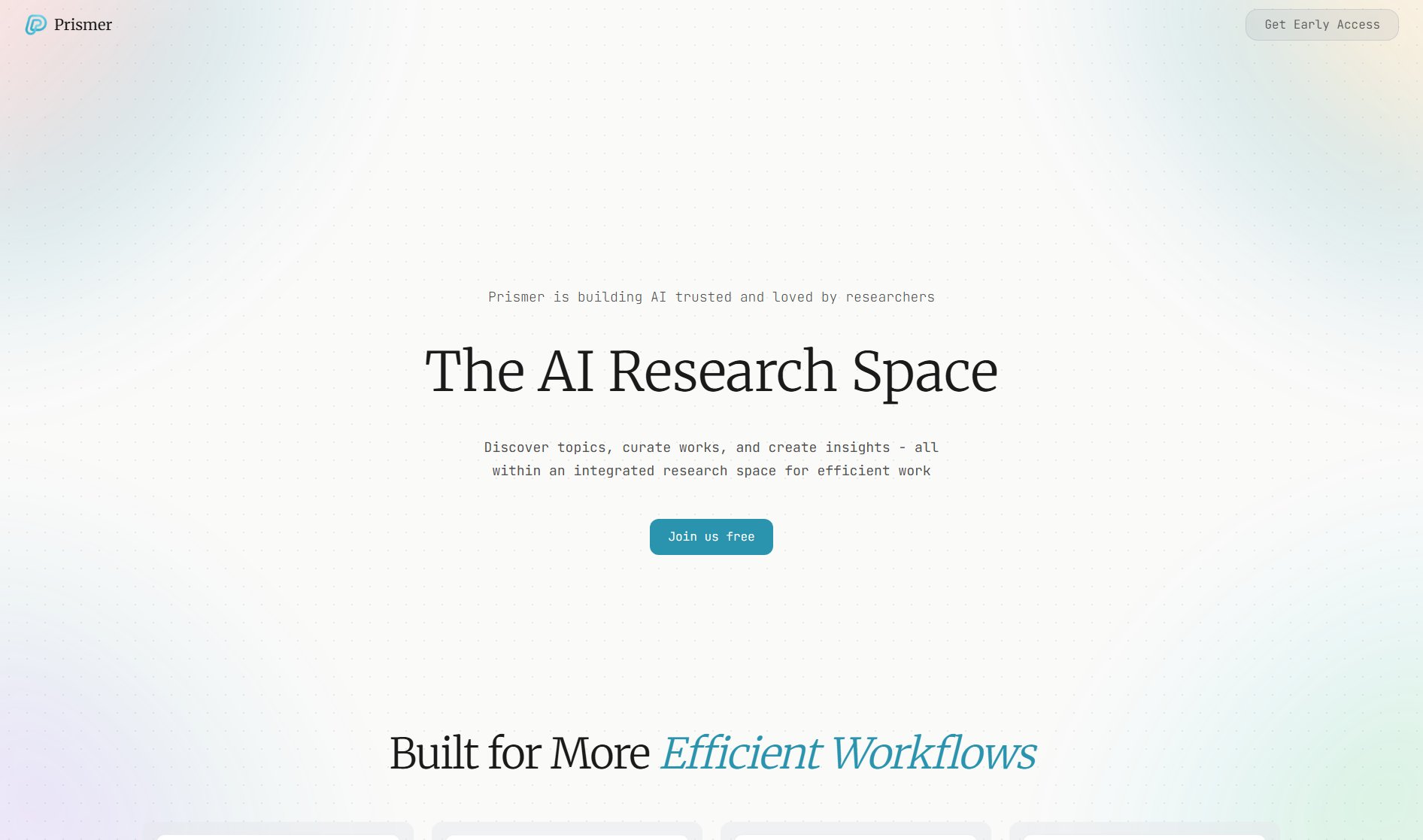Kaba
Open Source Digital Laboratory for real-time, verified data modeling
What is Kaba? Complete Overview
Kaba is an open-source digital laboratory designed to provide users with full control over their data and models. It emphasizes accessibility as a human right, ensuring that users can manage their data, create models, and experience real-time, continuously verified results. This tool is ideal for data scientists, researchers, and developers who need a transparent and customizable environment for their digital experiments. Kaba's commitment to open-source principles ensures that users can trust and verify every aspect of their work, making it a valuable tool for professionals who prioritize data integrity and accessibility.
Kaba Interface & Screenshots
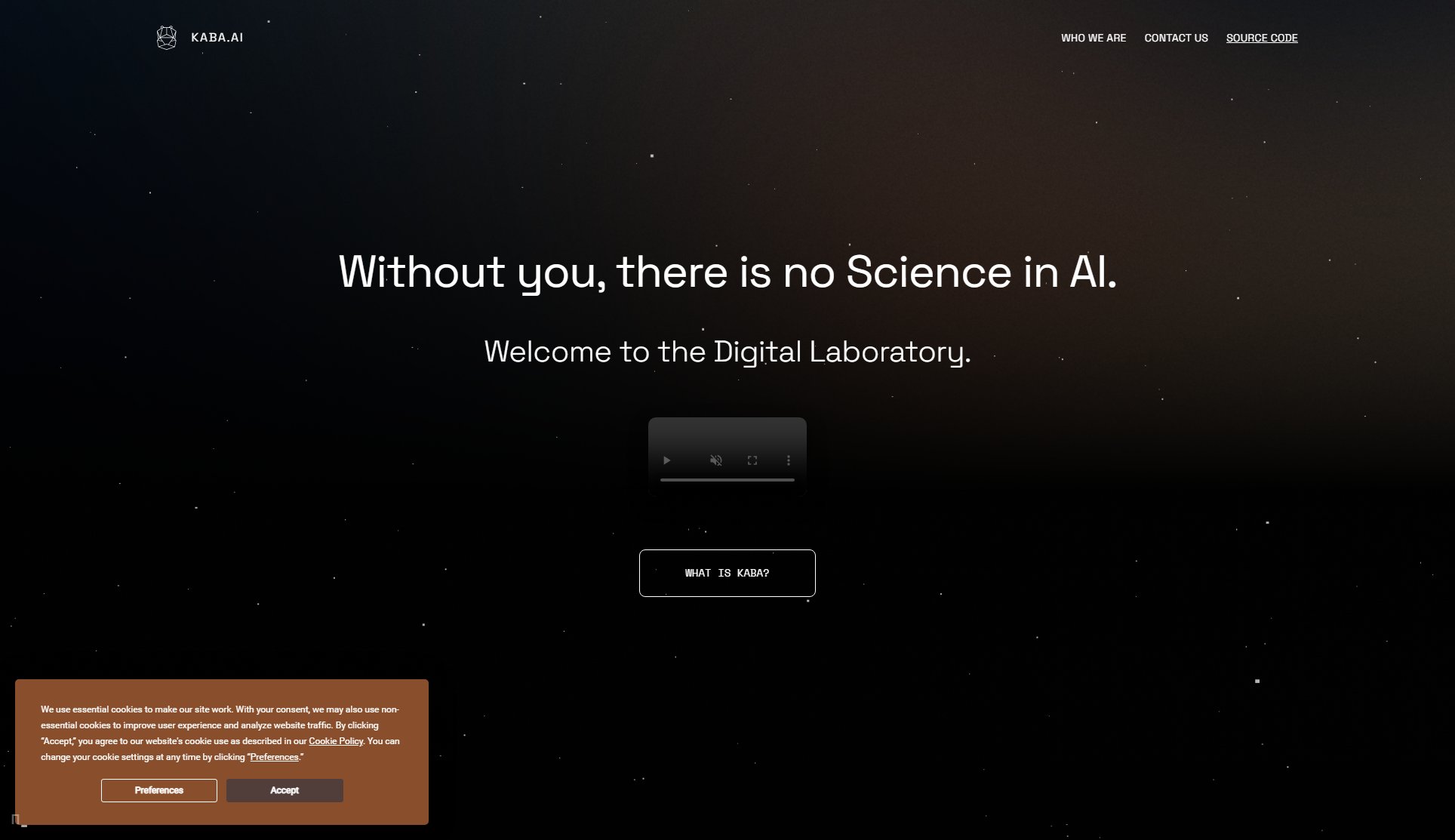
Kaba Official screenshot of the tool interface
What Can Kaba Do? Key Features
Open-Source Framework
Kaba is built on open-source principles, allowing users to access, modify, and contribute to the codebase. This ensures transparency and fosters a community-driven approach to digital experimentation.
Real-Time Data Processing
Kaba enables real-time data processing, allowing users to see immediate results from their models. This feature is particularly useful for time-sensitive projects and iterative testing.
Continuous Verification
Every model and data set in Kaba is continuously verified to ensure accuracy and reliability. This feature helps users maintain confidence in their results without manual checks.
User-Controlled Data
Kaba puts users in full control of their data, ensuring privacy and security. Users can manage, store, and process their data without relying on third-party services.
Customizable Models
Kaba allows users to create and customize models tailored to their specific needs. This flexibility makes it suitable for a wide range of applications, from academic research to industrial projects.
Best Kaba Use Cases & Applications
Academic Research
Researchers can use Kaba to conduct experiments, analyze data, and verify results in real-time, ensuring the integrity of their findings.
Data Science Projects
Data scientists can leverage Kaba's customizable models and open-source framework to develop and test algorithms tailored to specific datasets.
Industrial Applications
Industries can utilize Kaba for real-time data processing and continuous verification, improving the reliability of their digital solutions.
How to Use Kaba: Step-by-Step Guide
Visit the Kaba website (https://kaba.ai) and explore the available resources and documentation to understand the tool's capabilities.
Download or clone the Kaba repository from GitHub to set up the digital laboratory on your local machine or server.
Configure your environment by following the setup instructions provided in the documentation, ensuring all dependencies are installed.
Start experimenting with your data and models, leveraging Kaba's real-time processing and continuous verification features.
Contribute to the Kaba community by sharing your findings, reporting issues, or submitting pull requests to improve the tool.
Kaba Pros and Cons: Honest Review
Pros
Considerations
Is Kaba Worth It? FAQ & Reviews
Yes, Kaba is an open-source tool, which means it is free to use, modify, and distribute under its licensing terms.
Absolutely! Kaba encourages community contributions. You can contribute by submitting pull requests, reporting issues, or improving documentation.
Support is primarily community-driven through GitHub and other open channels. Users can also refer to the documentation for guidance.
Yes, Kaba's flexibility and open-source nature make it suitable for both individual and enterprise-level applications.
Kaba gives users full control over their data, ensuring that all processing happens locally or on user-managed servers, enhancing privacy and security.
